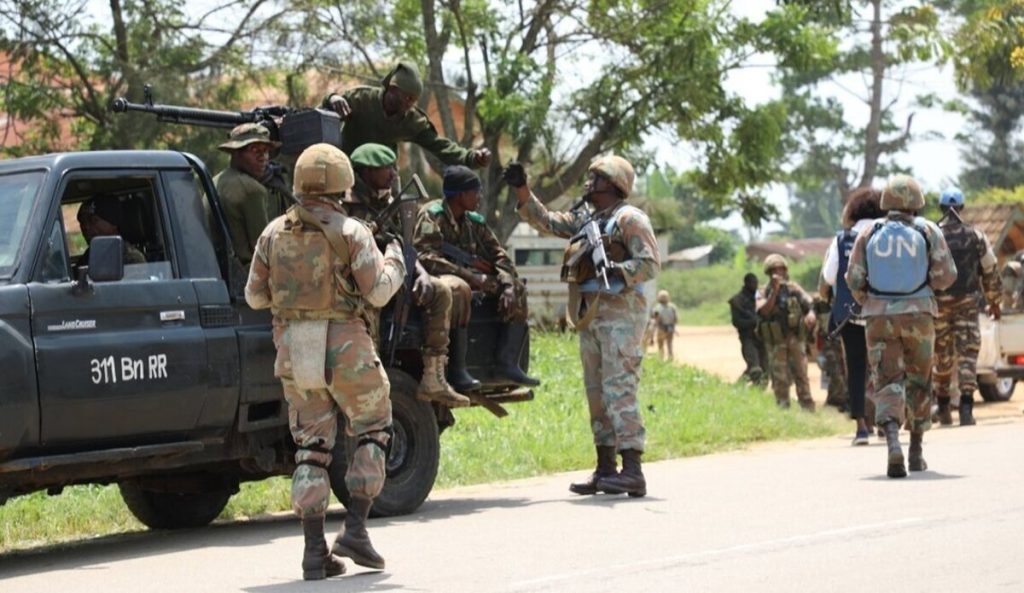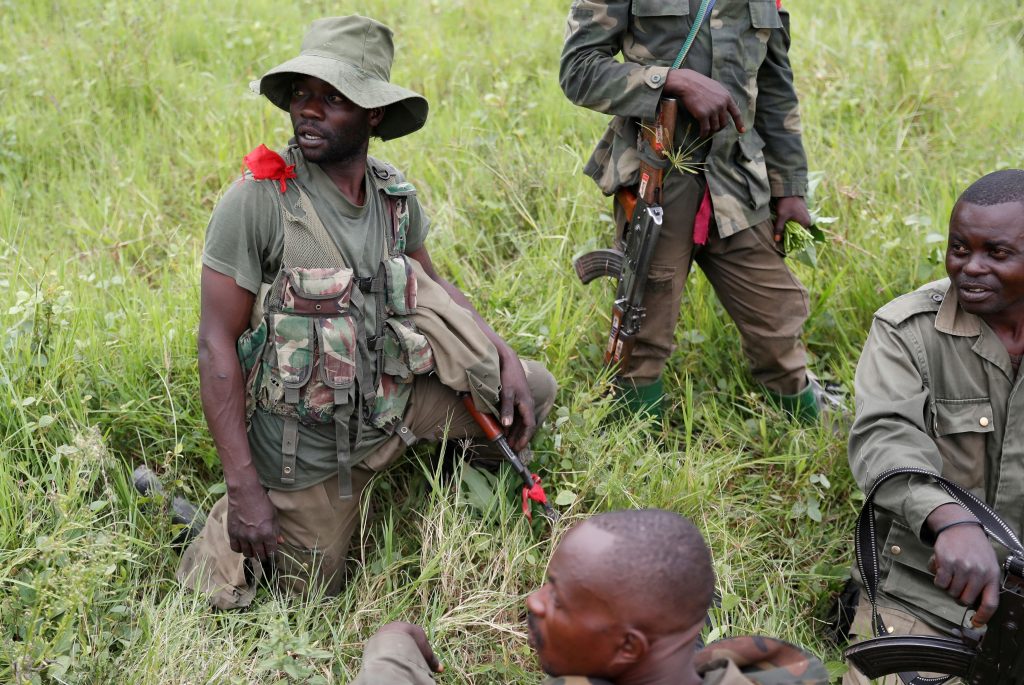Numerous reports indicate that the Allied Democratic Forces, ADF are becoming more active and are looking to take the initiative in their war against the government in Uganda.
In the past three years, all terrorist attacks in Uganda have been attributed to the ADF.
The country had gone more than a decade without a terror attack on its home soil until a series of attacks launched by the terror group in 2021.

Uganda claimed a significant victory over the Islamic State group (IS) in November 2023 when it captured a senior commander known as “Njovu” during a raid in which six members of his group were killed.
“This was a successful joint military-intelligence-led operation, and the whole squad that had been sent by the [Allied Democratic Forces] to cause mayhem, kill tourists, burn schools, hospitals, was eliminated,” Ugandan military spokesman Deo Akiiki told Agence France-Presse.
Days before the October 2023 attack in Queen Elizabeth National Park, IS fighters believed to be from Njovu’s group attacked a civilian truck carrying vegetables to a local market in western Uganda, less than 3 kilometers from the DRC border. At least one person was killed.
The fighters belonged to the Allied Democratic Forces, which is based in the neighbouring Democratic Republic of the Congo (DRC). The ADF has increasingly attacked western Uganda, where the group originated.

The Allied Democratic Forces is largely funded through illegal mining and logging operations and kidnappings for ransom. The group often targets Christians in its propaganda, and analysts say it also receives considerable funding from the IS.
Uganda’s government blamed Njovu’s group for the October 2023 murder of a newlywed couple from the United Kingdom and South Africa, and their Ugandan guide, while they were on safari in Queen Elizabeth National Park near the DRC border. IS claimed responsibility for the attack the day after the killings, saying it had killed “three Christian tourists” with machine guns, Al-Jazeera reported.
The attack was one of four IS attacks in Uganda since December 2022.
“Given past tactical trends, the incursion [into Uganda] will likely continue to target civilians, and may ultimately seek to reestablish a sustained guerrilla presence in Uganda’s west — all in the name of the Islamic State,” Bridgeway Foundations researchers Caleb Weiss and Ryan O’Farrell wrote in the Foundation for Defense of Democracies’ Long War Journal.
The group in mid-June last year slaughtered 42 people, including 37 students, who were hacked with machetes, shot or burned to death at the Lhubirira Secondary School in Mpondwe, near the DRC border. Six students were abducted, and a 43rd victim died days later of injuries sustained in the attack.
Ugandan authorities in mid-October foiled attacks on two churches in central Kebbi.
Investigators found that two bombs were linked to public address systems and sent to pastors disguised as gifts. However, members of the public were suspicious of the devices and alerted the police, according to Ugandan President Yoweri Museveni, who blamed the plot on the terrorist organization.
In the DRC, the Allied Democratic Forces is blamed for killing 12 people and wounding at least 50 when a bomb detonated during a church service in January as well as a cross-border insurgency it waged in the early 2000s.
The Allied Democratic Forces insurgency is an ongoing conflict waged by the Allied Democratic Forces in Uganda and the Democratic Republic of the Congo, against the governments of those two countries and the MONUSCO.
The insurgency began in 1996, intensifying in 2013, resulting in hundreds of deaths.
The ADF is known to currently control several hidden camps which are home to about 2,000 people; in these camps, the ADF operates as a proto-state with “an internal security service, a prison, health clinics, and an orphanage” as well as schools for boys and girls.


